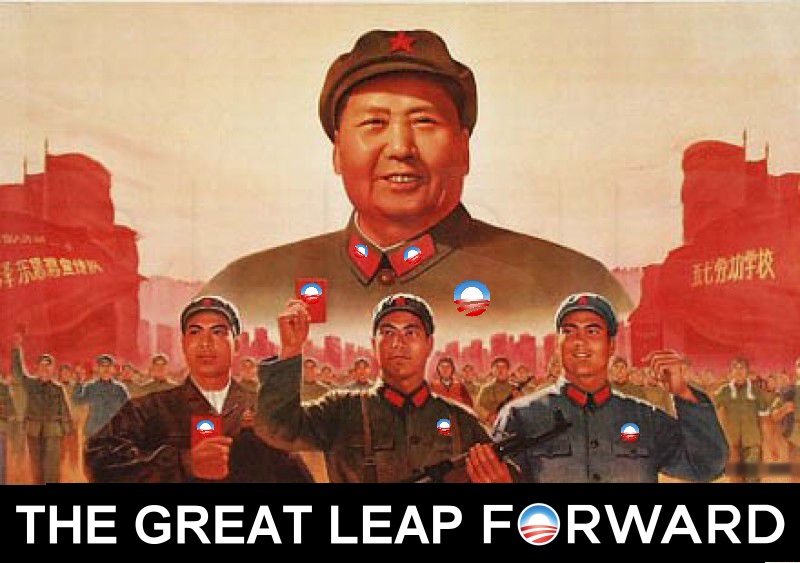Perspectives on science
TAMOS, 2013
Karim Jebari
Division of Philosophy, KTH
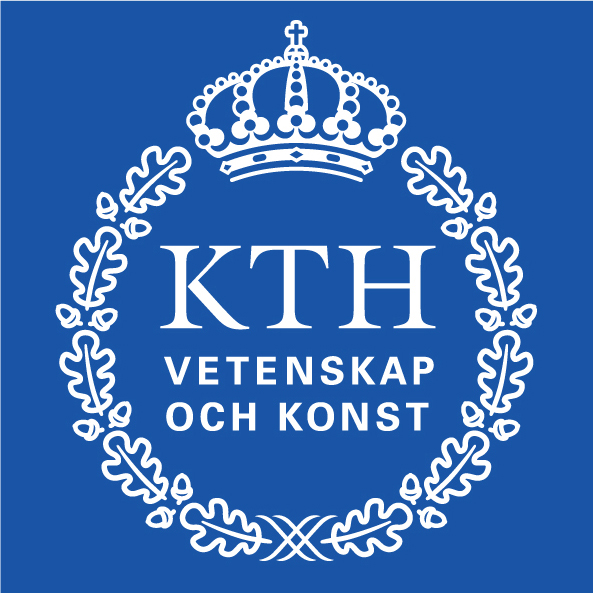
How can science be used to device policy?
OUTLINE OF THIS LECTURE
1. Problem for science-based policy: complexity
2. Learning from medicine: experiments
3. Big data: "more is more"
4. Science and the constraints of humanity
5. Engineering safety
Society is complex
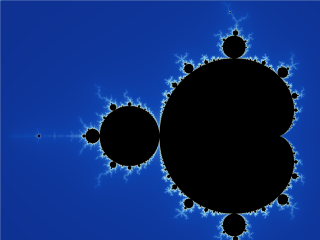
No general laws in society

Ballistics is simple.
we can't apply scientific tools
(without qualifications)
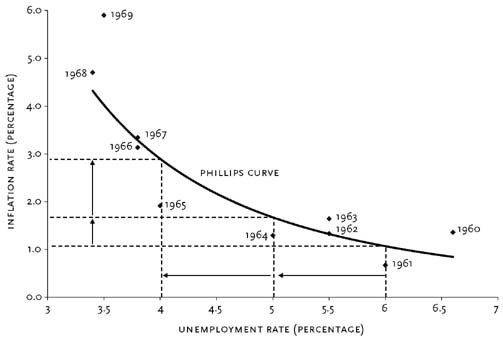
Models tend to be too simple
Society is not normal

Society is not a casino

welcome to the jungle

We ignore this complexity at our own peril

Risky MANAGEMENT:
By "managing" risk, we tend to
-
Centralize
-
Homogenize
- Eliminate redundancy
This can have catastrophic consequences
Cost benefit analysis

The illusion of objectivity
How is risk and benefit distributed?


Across space and time?
Technology drives social change

But innovation cannot be predicted.
So what do we do...?
...is it possible to avoid policy disasters?
Clinical trials
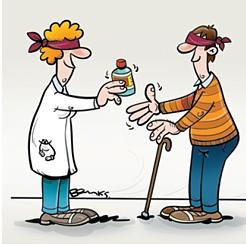
-
Do not assume a complete medical theory
- Are action-guiding
Action guiding EXPERIMENTS...
...can give us "black box" information.
In Public health...

...there is already a good track record of experiment
What about Theory?
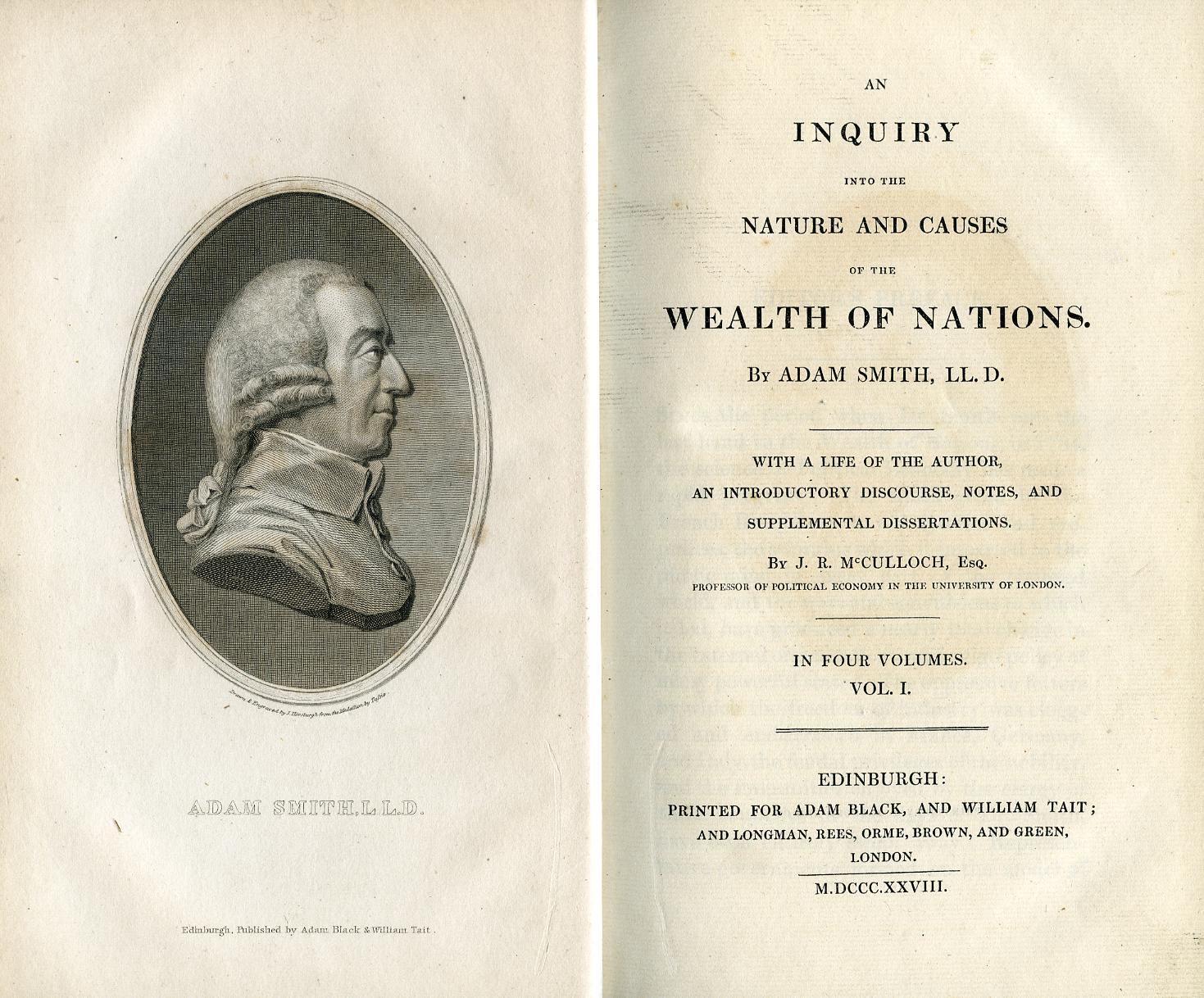
Can provide us with useful hypotheses
How can engineers contribute?
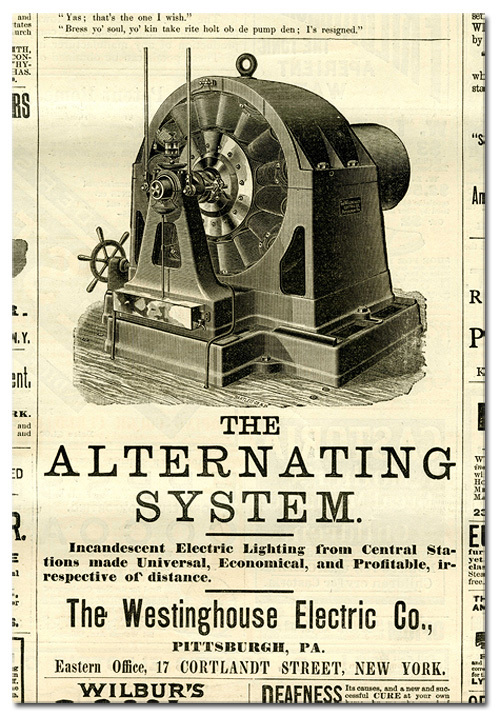
Simulations...

...can sometimes replace experiments
Big data

...can uncover useful social correlations
For example...

... this seems to suggest that the EU is a union of cities, not nations
What about technology?

... science can inform what technology is possible and practical
THis can help policy makers avoid mistakes

Natural boundaries
Engineering safety 1: multiple barriers

ENGINEERING SAFETY 2: Safety factors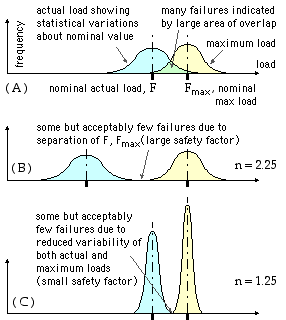
Engineering safety 3: Safe fail


THANK YOU!
Karim Jebari
jebarikarim@gmail.com
politiskfilosofi.com
twitter.com/karimjebari
Perspectives on science
By Karim Jebari
Perspectives on science
- 2,703
